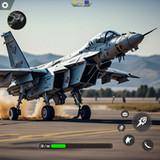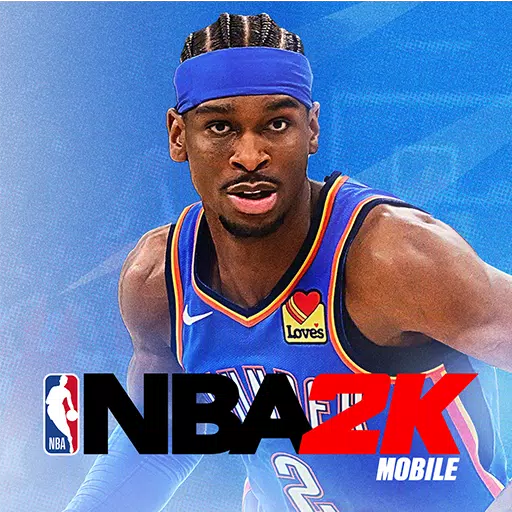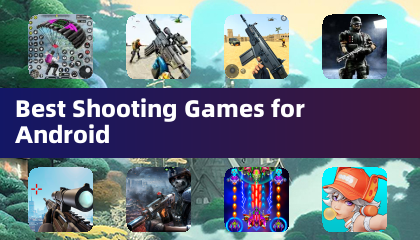Activision recently grabbed the gaming community's attention by launching advertisements for new projects based on its popular franchises, including Guitar Hero, Crash Bandicoot, and Call of Duty. However, the buzz wasn't just about the announcements themselves, but rather the unconventional method used to create the promotional materials—neural networks.
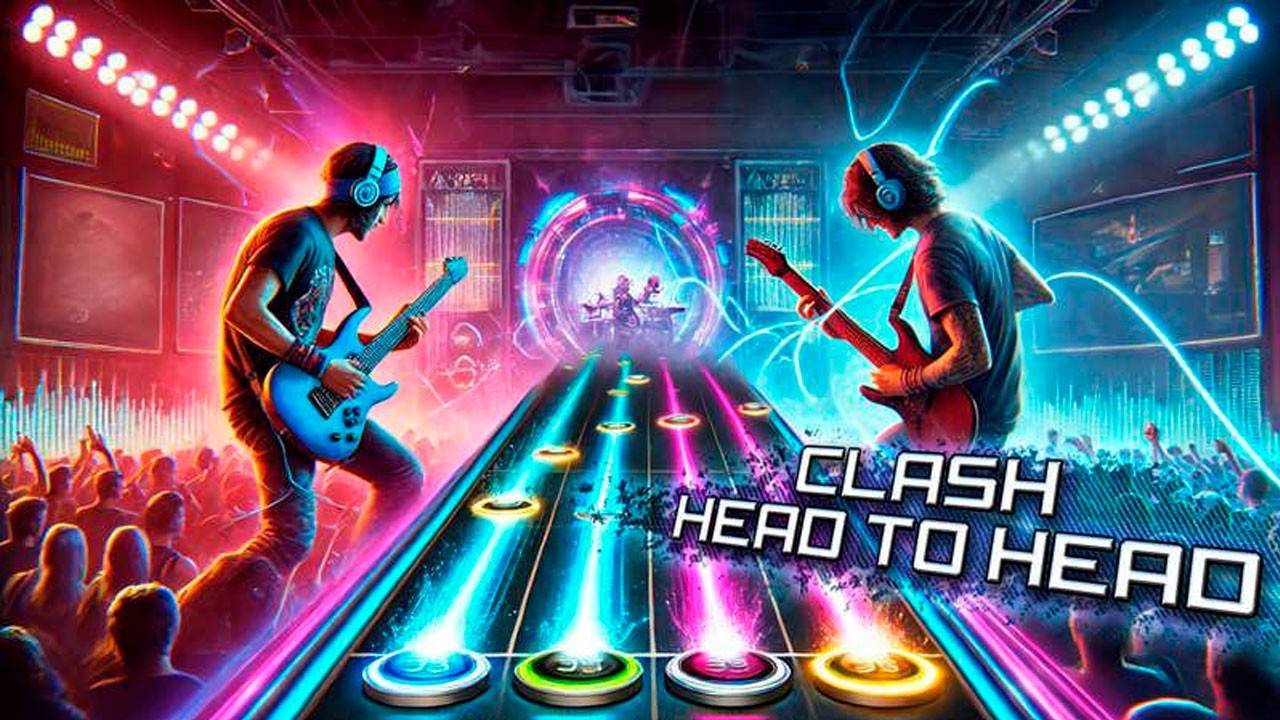 Image: apple.com
Image: apple.com
The first ad surfaced on one of Activision's social media accounts, promoting Guitar Hero Mobile and directing users to a pre-order page on the App Store. Fans quickly pointed out the bizarre, unnatural images, igniting a flurry of discussions. It didn't take long for similar reports to emerge about other mobile games from the company, such as Crash Bandicoot Brawl and Call of Duty Mobile, which also featured AI-generated art in their ads. Initially, many suspected a hack, but it was soon revealed to be an unconventional marketing experiment.
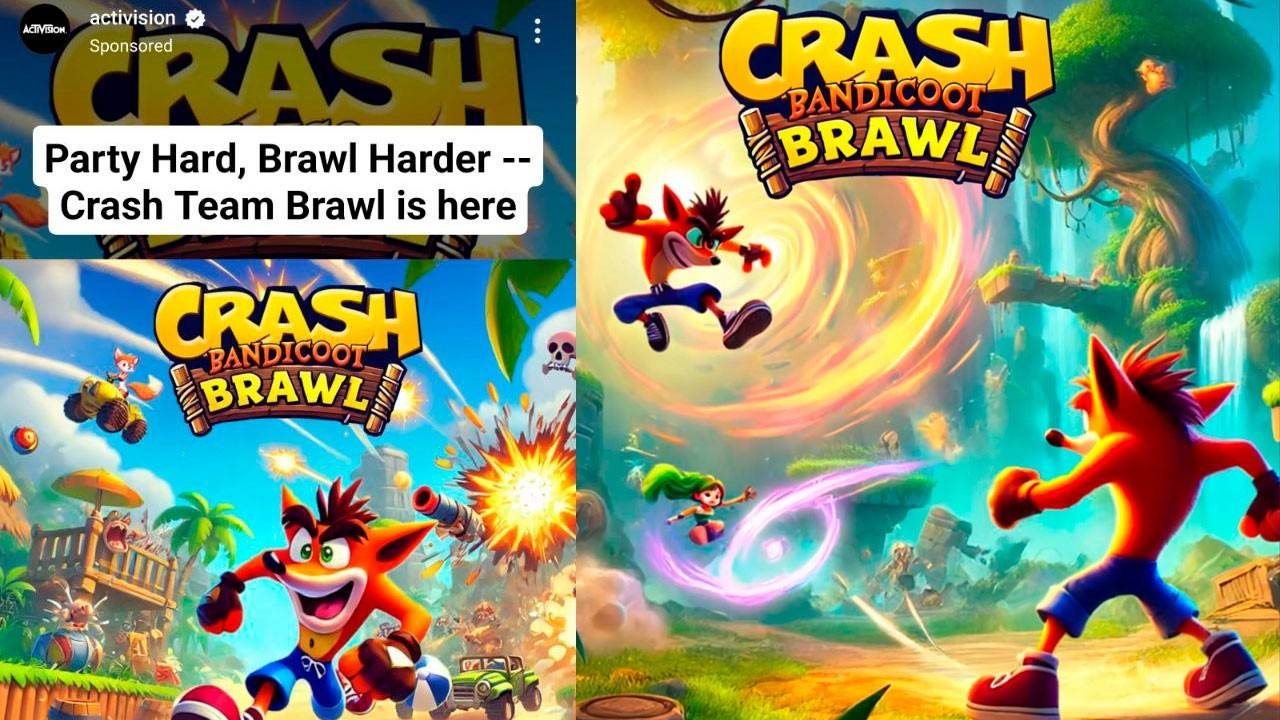 Image: apple.com
Image: apple.com
The reaction from the gaming community was predominantly negative. Gamers criticized Activision for choosing to use generative AI over collaborating with professional artists and designers. There were widespread fears that this could lead to games being reduced to "AI garbage," with some even comparing it to Electronic Arts' controversial decisions in the gaming industry.
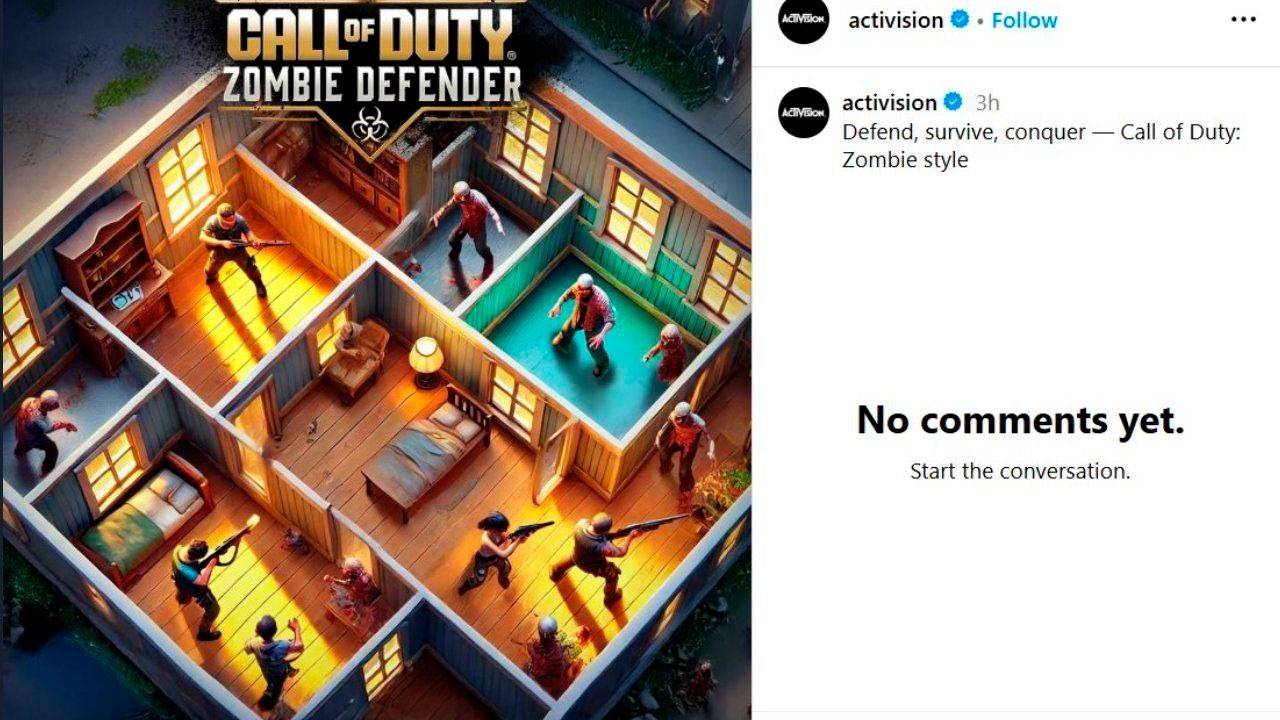 Image: apple.com
Image: apple.com
The utilization of AI in both development and marketing has become a hotly debated issue for Activision. The company has already confirmed the active use of neural networks in creating content for Call of Duty: Black Ops 6.
In response to the backlash, some of the promotional posts were taken down. It remains uncertain whether Activision genuinely plans to release these games or if they were merely testing the waters with provocative materials to gauge audience reactions.



